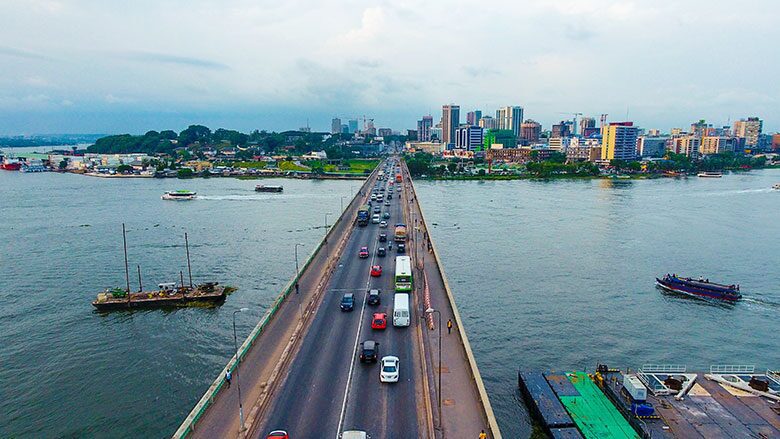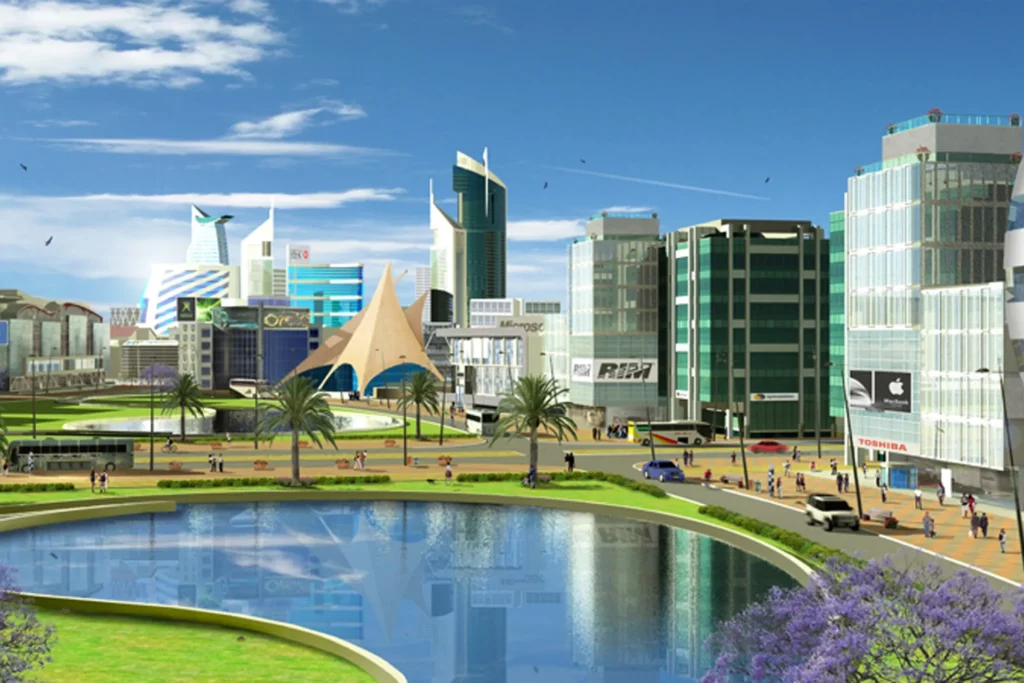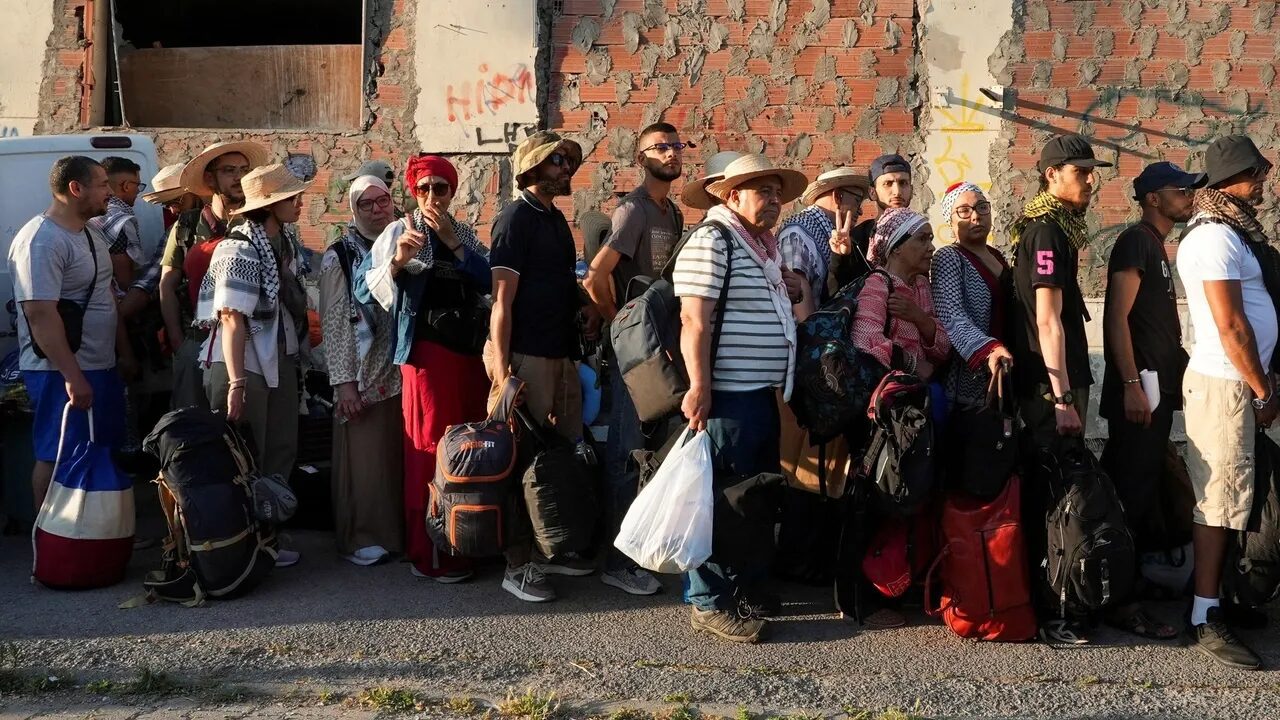
Tuesday, 18th March 2025

By inAfrika Reporter,
Kenya’s flagship Konza Technopolis smart city project is advancing at an accelerated pace, solidifying its role as a major driver of digital transformation, innovation, and job creation. The government has reaffirmed its commitment to ensuring that Konza becomes a regional technology and business hub, in line with Kenya’s Vision 2030 development agenda. Recent reports indicate that key infrastructure, including roads, power grids, and a high-capacity data center, is nearing completion. These advancements position Konza as a pivotal component of Kenya’s digital economy, expected to contribute approximately 2% to the national GDP upon full implementation.
Konza Technopolis, also referred to as “Silicon Savannah,” is a multi-billion-dollar smart city initiative located 60 kilometers south of Nairobi. Designed to foster a thriving ecosystem for technology firms, research institutions, and multinational corporations, the project is poised to support over 240,000 jobs in the ICT, engineering, and innovation sectors. The city will integrate sustainable urban planning, emphasizing green energy, digital infrastructure, and next-generation mobility solutions. By providing a business-friendly environment and state-of-the-art facilities, Konza is set to attract leading global investors in information technology, artificial intelligence, and software development.
A major component of Konza’s expansion involves the establishment of a Science and Technology Institute, which will serve as an educational and research hub, preparing Kenya’s workforce for the digital economy. This institution will play a crucial role in advancing STEM education, providing specialized training in artificial intelligence, cybersecurity, robotics, and big data analytics. The integration of academic institutions with business and government initiatives ensures that Konza’s development is holistic and sustainable, fostering long-term innovation and economic resilience.
Konza’s strategic partnerships with the private sector and international technology firms have been instrumental in overcoming previous delays. Companies such as Huawei, which is spearheading the data center infrastructure, are helping to enhance the city’s digital capabilities. These collaborations are attracting multinational corporations and startups, positioning Kenya as a hub for tech entrepreneurship in Africa. The Kenyan government has also introduced business incentives, tax breaks, and regulatory reforms to further encourage investment and ease of doing business within the smart city.
Beyond ICT, Konza is making significant strides in smart agriculture and green energy. The project includes initiatives to promote precision farming, automated irrigation, and climate-smart agricultural practices, ensuring that technology is leveraged to enhance food security. Additionally, Konza is incorporating renewable energy solutions, including solar and wind power, to support its sustainability goals. These initiatives align with Kenya’s broader ambition of becoming a leader in green technology and reducing carbon emissions.
Despite past setbacks in financing and construction, Konza Technopolis is gaining momentum, demonstrating Kenya’s commitment to establishing a globally competitive technology ecosystem. Once fully operational, the smart city will not only boost Kenya’s economy but also strengthen East Africa’s position as an emerging digital powerhouse. As work continues, Kenya’s leadership envisions Konza as a model for future African smart cities, bridging innovation, research, and sustainable development.


